
Americans have an intense sense of independence, generally feeling like the rest of the world needs us more than we need them. However, other countries have assisted the United States significantly at different times in history. Sometimes it was symbolic, sometimes decisive. But over time, it adds up to a map of some of America’s most faithful friends and allies.
24/7 Wall St. Insights
- Assistance from foreign countries helped the U.S. establish its independence, expand its territory, and win wars.
- In more recent years, other countries have provided disaster assistance, consular services, and other practical measures that have assisted American citizens at home and abroad.
- Check out: 2 Dividend Legends To Hold Forever and Discover “The Next NVIDIA
America’s Formal Alliances
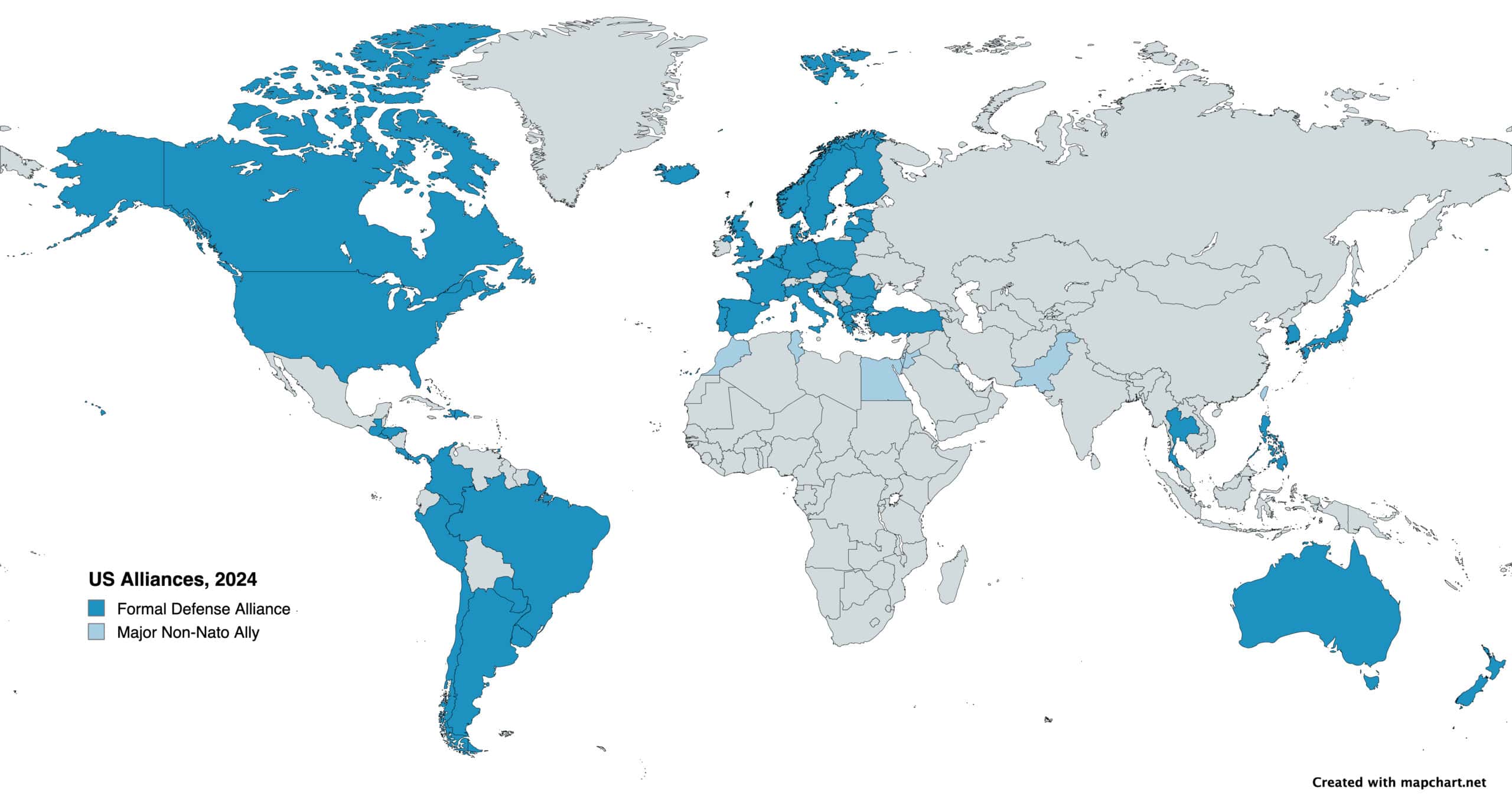
The United States has mutual defense treaties with most countries of Europe and the Americas, as well as several major countries of East Asia and Oceania. Here are some of our major alliances and close trade pacts:
NATO
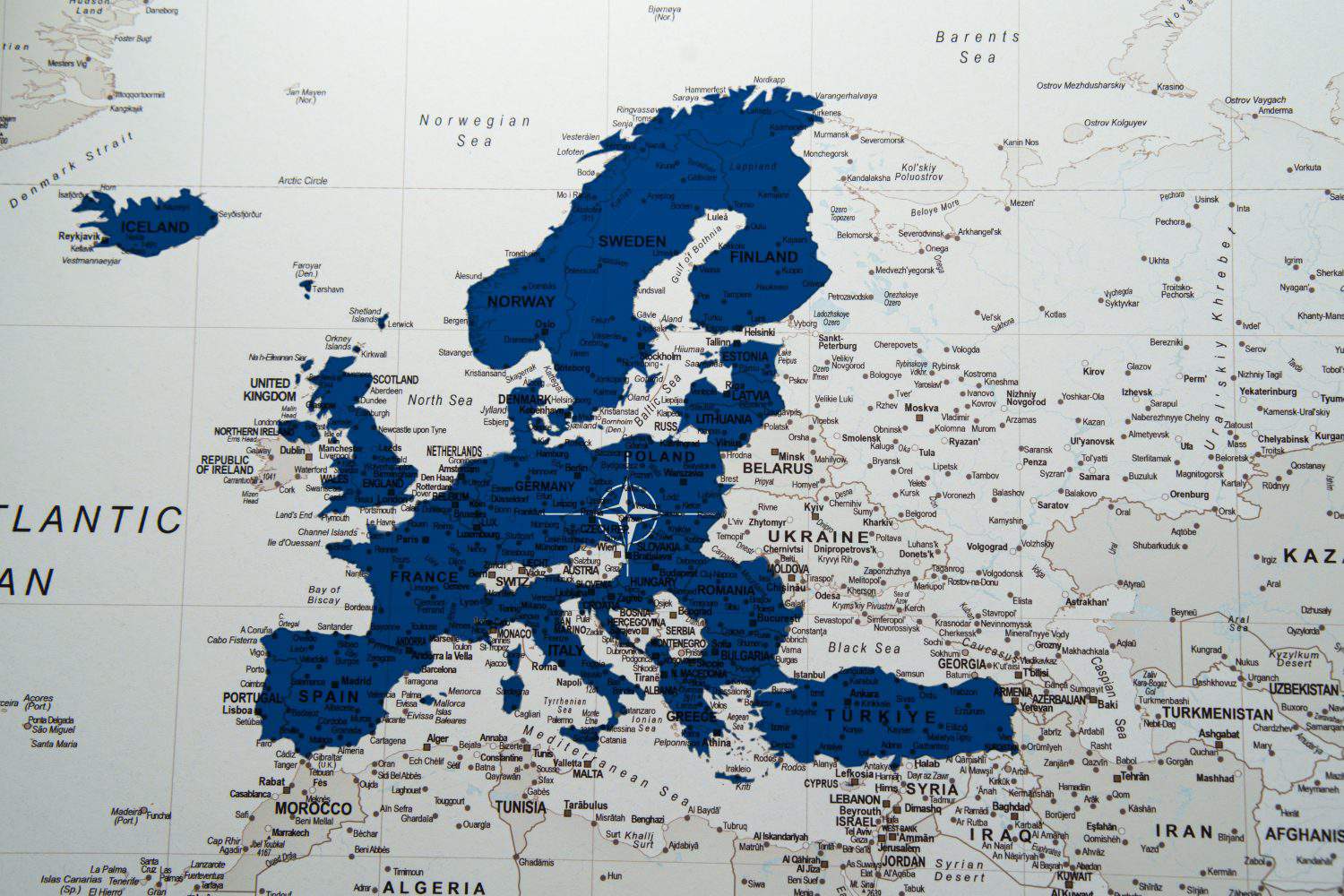
The North Atlantic Treaty Organization is a mutual defense pact between 30 European countries plus the United States and Canada. Signatories promise to treat an attack on one as an attack on all. The organization considered the 9-11 attacks on the United States to be an attack on all members, so they sent military aircraft to patrol U.S. airspace to monitor for unauthorized flights, and they assisted in the wars in Iraq and Afghanistan that followed.
The Rio Pact

This is a mutual defense treaty between the United States and most of the countries in the Western Hemisphere. Some countries stopped participating after the U.S. took Britain’s side in the Falkland Islands War, and after the decline of communism as a regional threat.
The US-Canada-Mexico Free Trade Agreement
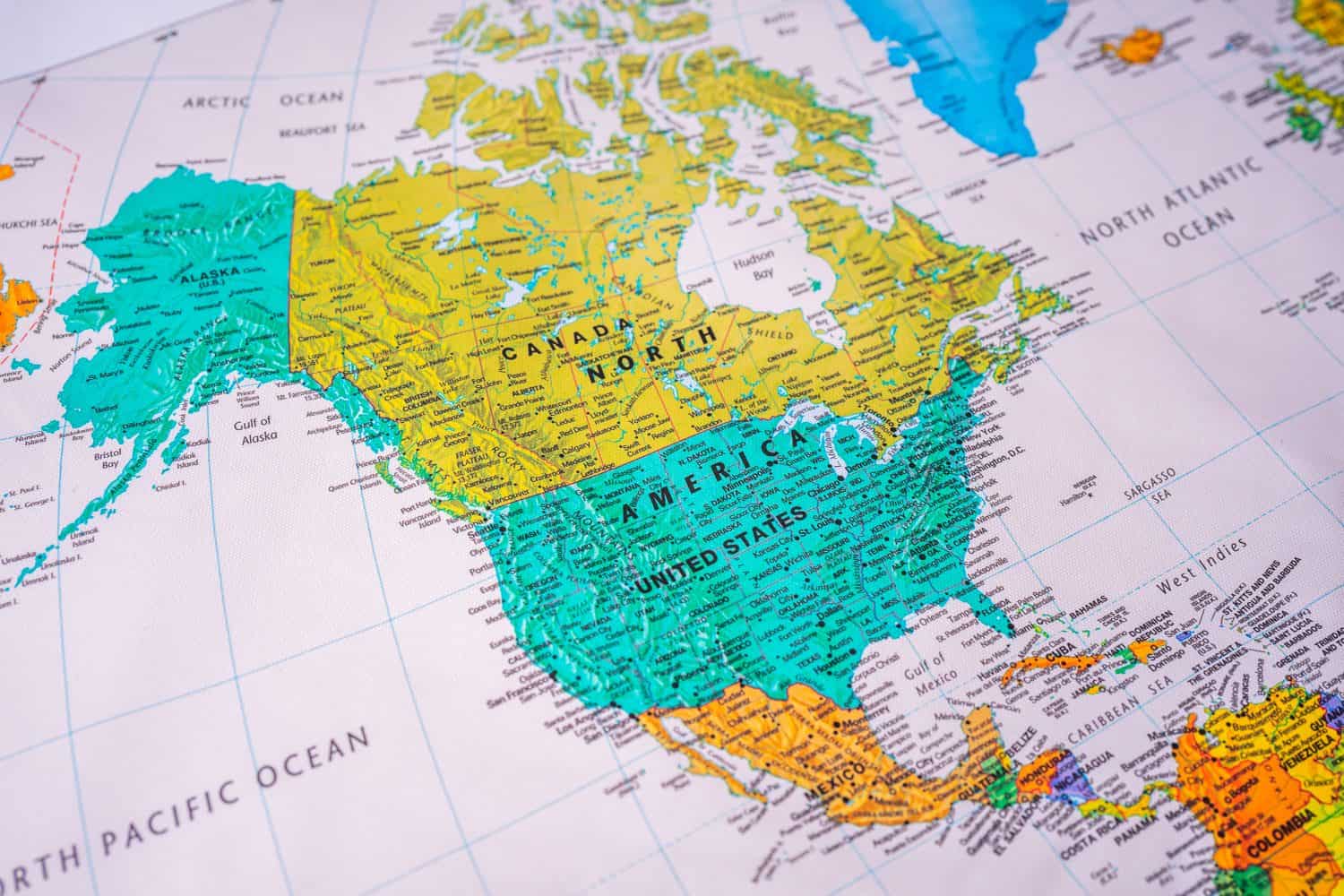
The U.S. has a free trade arrangement with Canada and Mexico that has boosted the economies of all three countries and created increasingly close economic interdependence. Improving the Mexican economy and living standards is important not only to be a good neighbor, but to help reduce incentives for people to migrate without documentation into the United States in search of jobs.
Bilateral Alliances
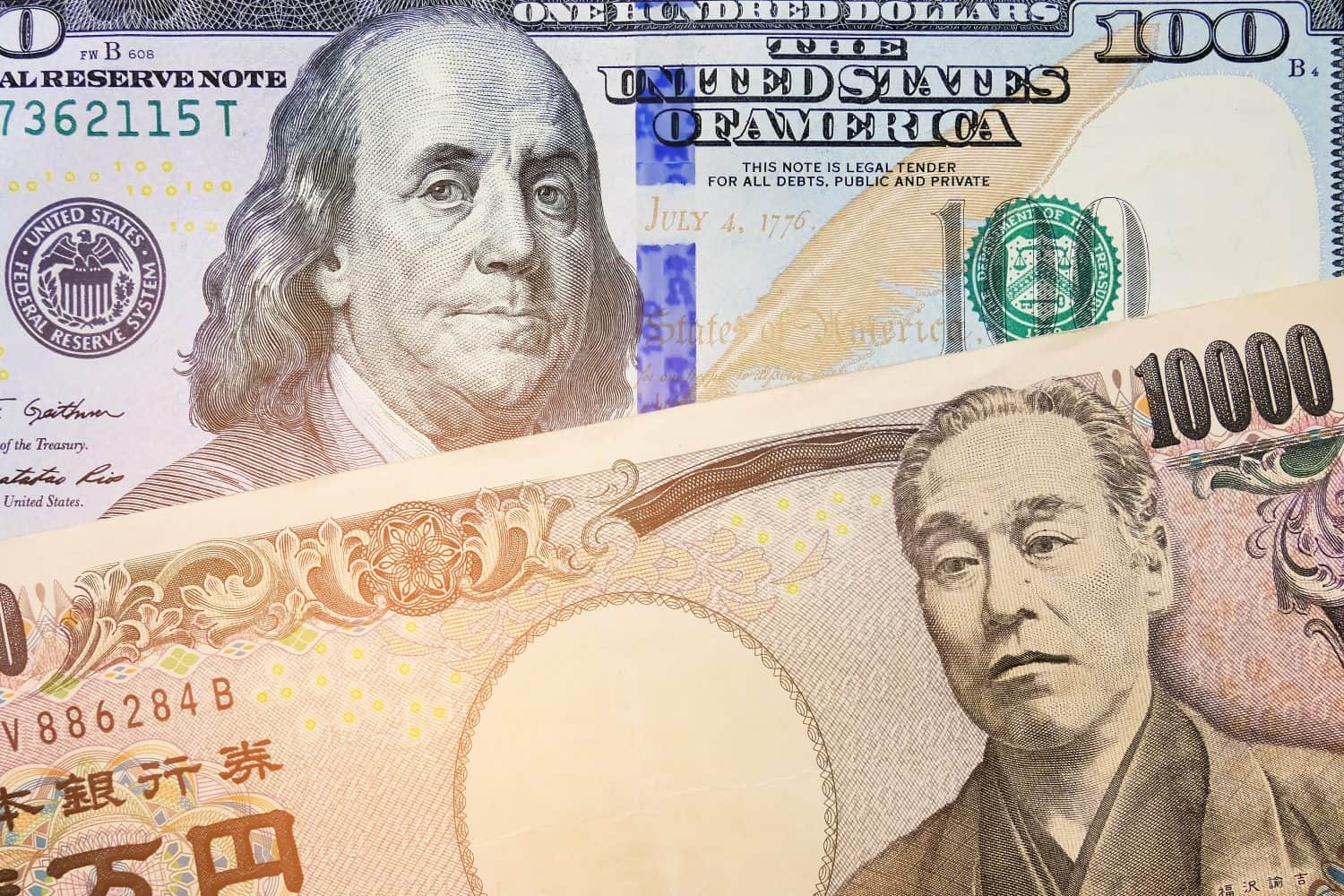
In addition to regional defense treaties and trading blocs, the U.S. has bilateral treaties to defend countries like South Korea, Japan, and Australia. A larger alliance of countries in Southeast Asia and Oceania called SEATO did not last due to disagreements over the India-Pakistan conflict and the decline in the threat of Vietnam after the war there concluded.
Major Non-NATO Allies
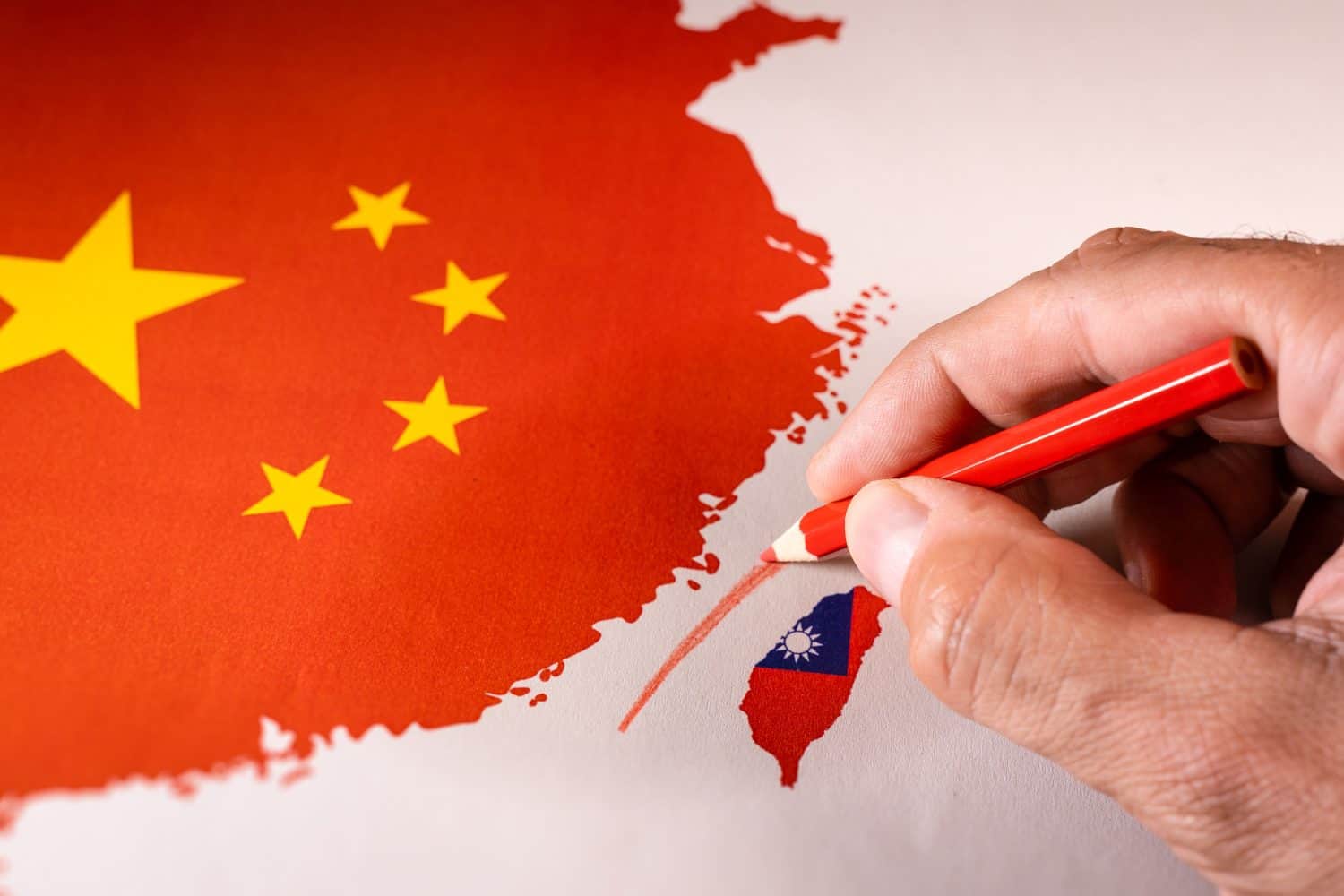
Today the U.S. has also designated some countries as “Major Non-NATO Allies.” We do not have a formal alliance with these countries and are not obligated to come to their defense, but we give them access to some of the most advanced American military technology and equipment and share intelligence data with them. And when push comes to shove, we would likely go to war to defend some of the countries in this category, like Israel and Taiwan.
Friends, or Partners?

American alliance relationships do not necessarily mean these countries have a deep affinity for the United States, but just that we and they have a mutual defense interest for defense against an adversary like Russia, Iran, China, or North Korea. In other words, these are our partners for the time being, but they are not necessarily “friends” for the long term, after the shared threat has been neutralized.
5 Situations When the U.S. Needed Friends
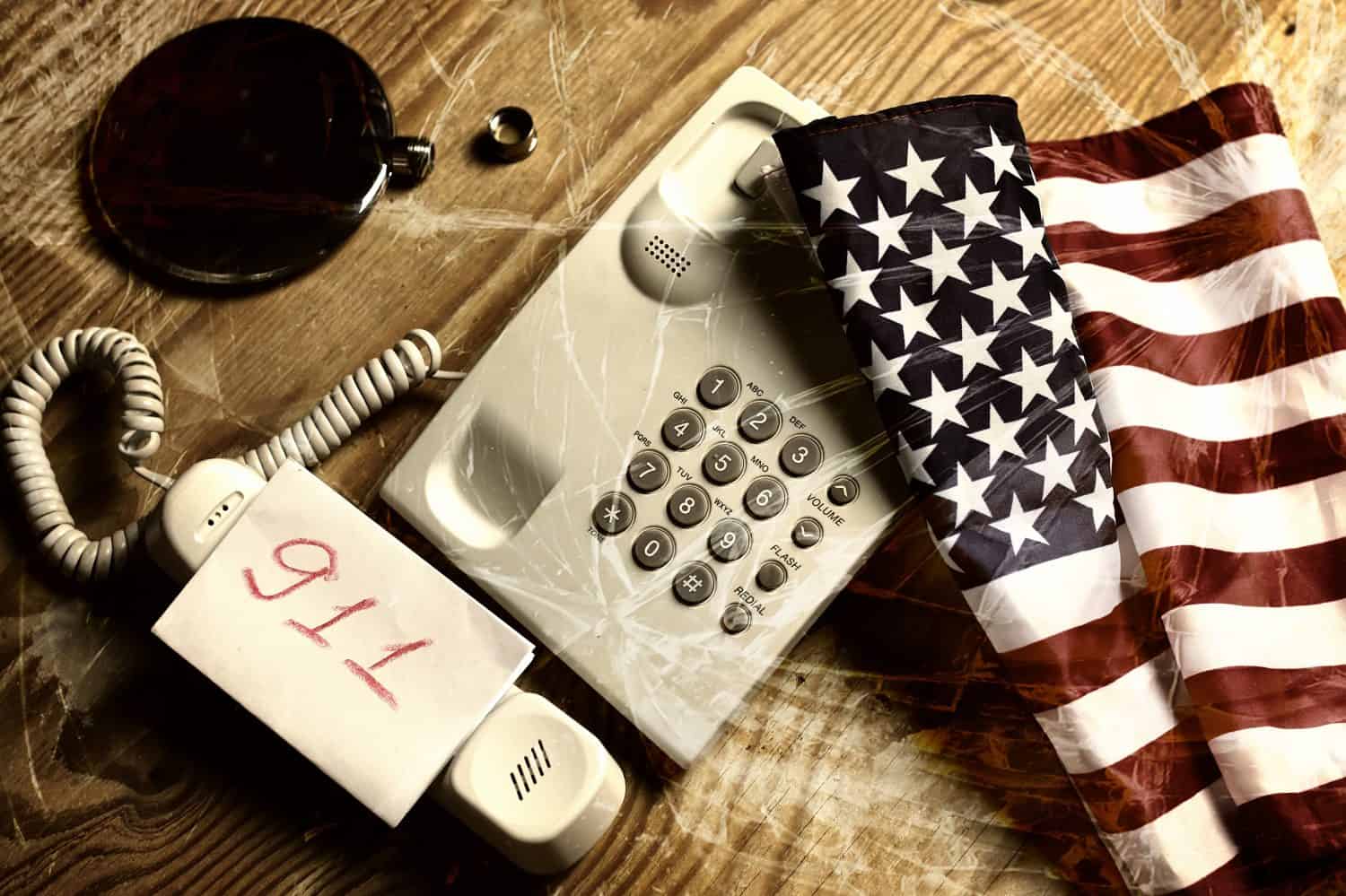
In American history, there have been times when the survival of our country was at stake. It took partnerships with other countries to pull us through those critical moments. In other cases, we could have pulled through a situation on our own, but it may have taken longer and been more costly if we hadn’t had help. And even when foreign assistance has been just symbolic, such a show of solidarity deepens the trust we have with other countries.
1. Wars

There was no guarantee the United States would win its revolution. But as we fought on the home front, France, Spain, and the Netherlands fought the British at sea and in their overseas colonies, keeping their military forces divided and distracted. In both the World Wars, the military conflicts of the Cold War and the military actions of the War on Terror, the U.S. fought alongside military forces from our allies, which lowered the cost in lives and money for Americans.
2. Economic Crises

3. Natural Disasters
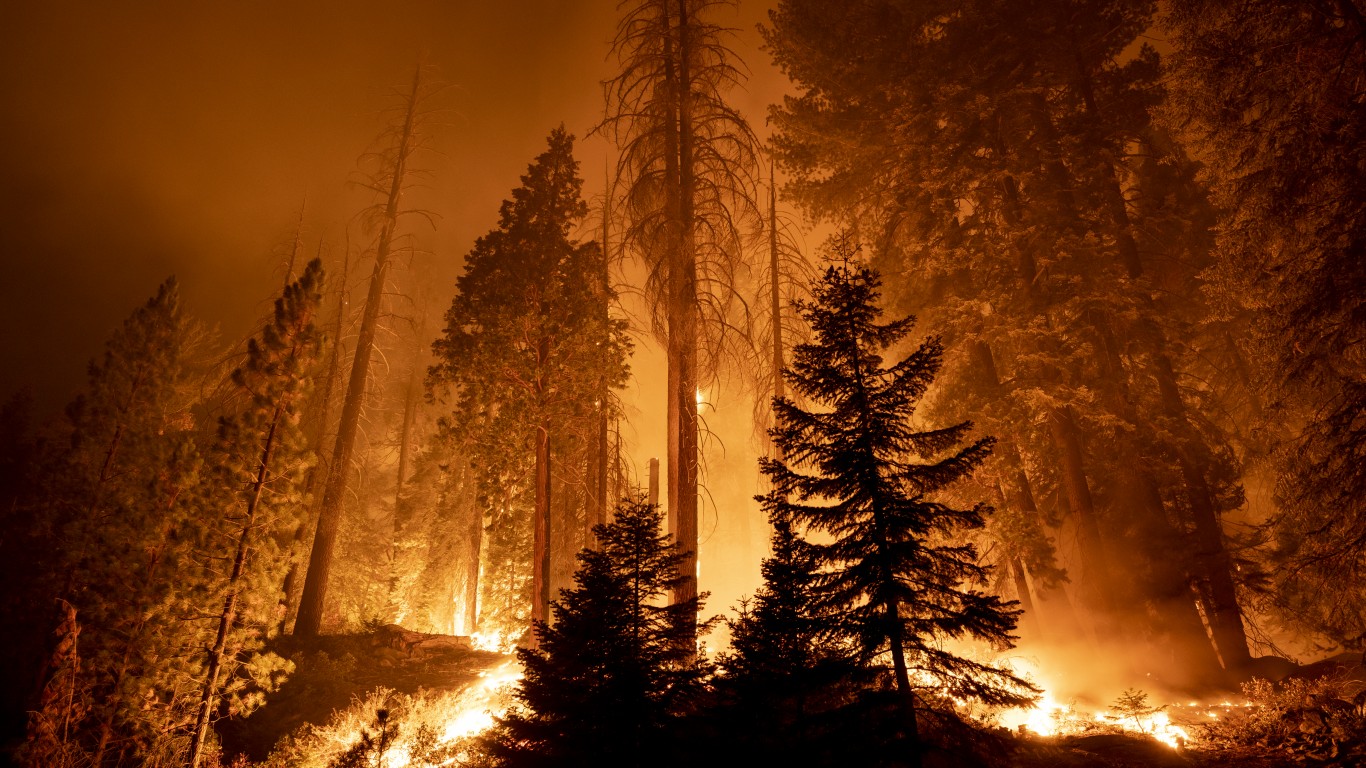
Earthquakes, hurricanes, forest fires, and other natural disasters strike a large country like the U.S. every year. And though it does not draw a lot of media attention, our friends overseas often send emergency supplies and specialized personnel. Many countries sent relief supplies to New Orleans in response to Hurricane Katrina, and Australia and New Zealand have sent firefighters to the western U.S. to help battle forest fires.
4. Citizens Abroad

American citizens traveling abroad are sometimes victims of accidents, crime, natural disasters, false arrest, or acts of terrorism or war in a place where the United States does not have an embassy or military forces close by to protect them. Other countries stand in to provide consular services for U.S. citizens in places like Iran where we do not have a diplomatic presence. On some occasions foreign military intervention has rescued U.S. citizens, such as an Israeli operation to rescue hostages from a hijacked plane in Uganda in 1976.
5. Technological Development
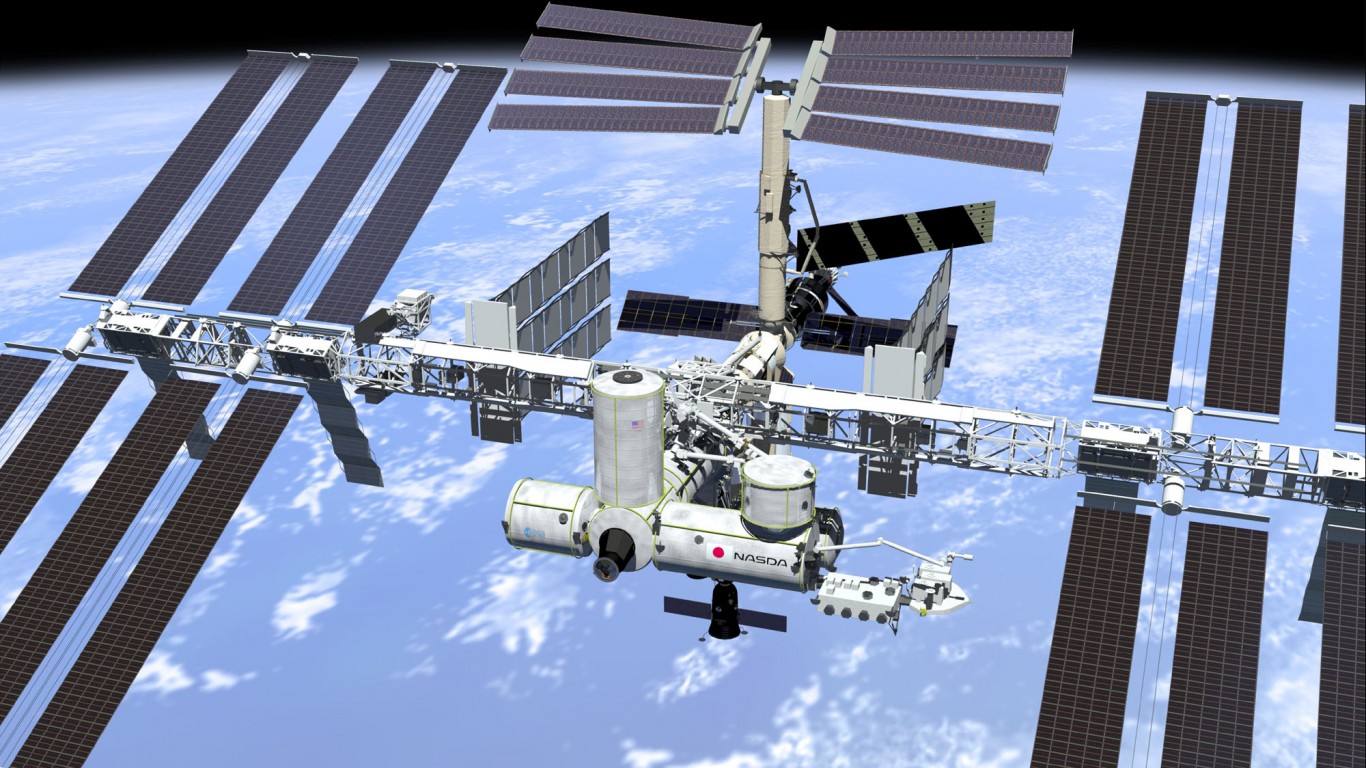
Many of the greatest breakthroughs in science and technology have been international efforts. The International Space Station, the CERN particle accelerator, and the COVID-19 vaccine are all examples of expensive and technologically complex scientific efforts that have been greatly accelerated through cooperation with friends and allies.
10 Countries the U.S. Can Count On
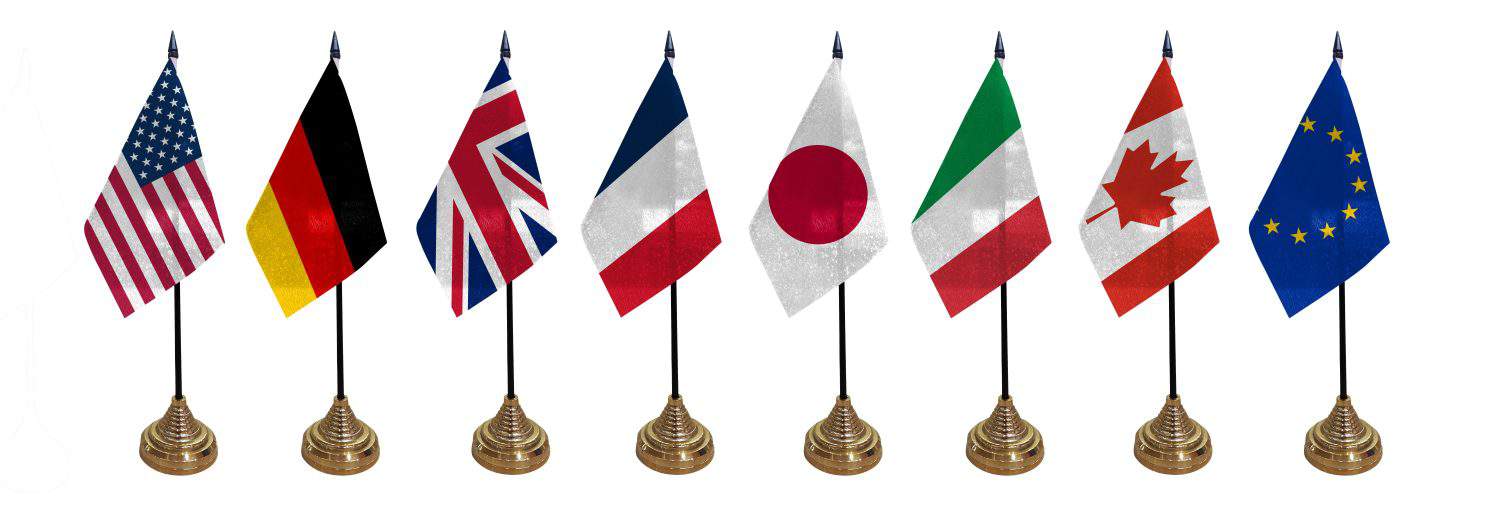
The 32 NATO countries plus several countries that we have bilateral defense treaties with are obviously American friends. We’ve chosen to select several of those the United States was close with before the World Wars, as well as some non-western countries that have stood out as helpful, consistent friends over the years.
1. France
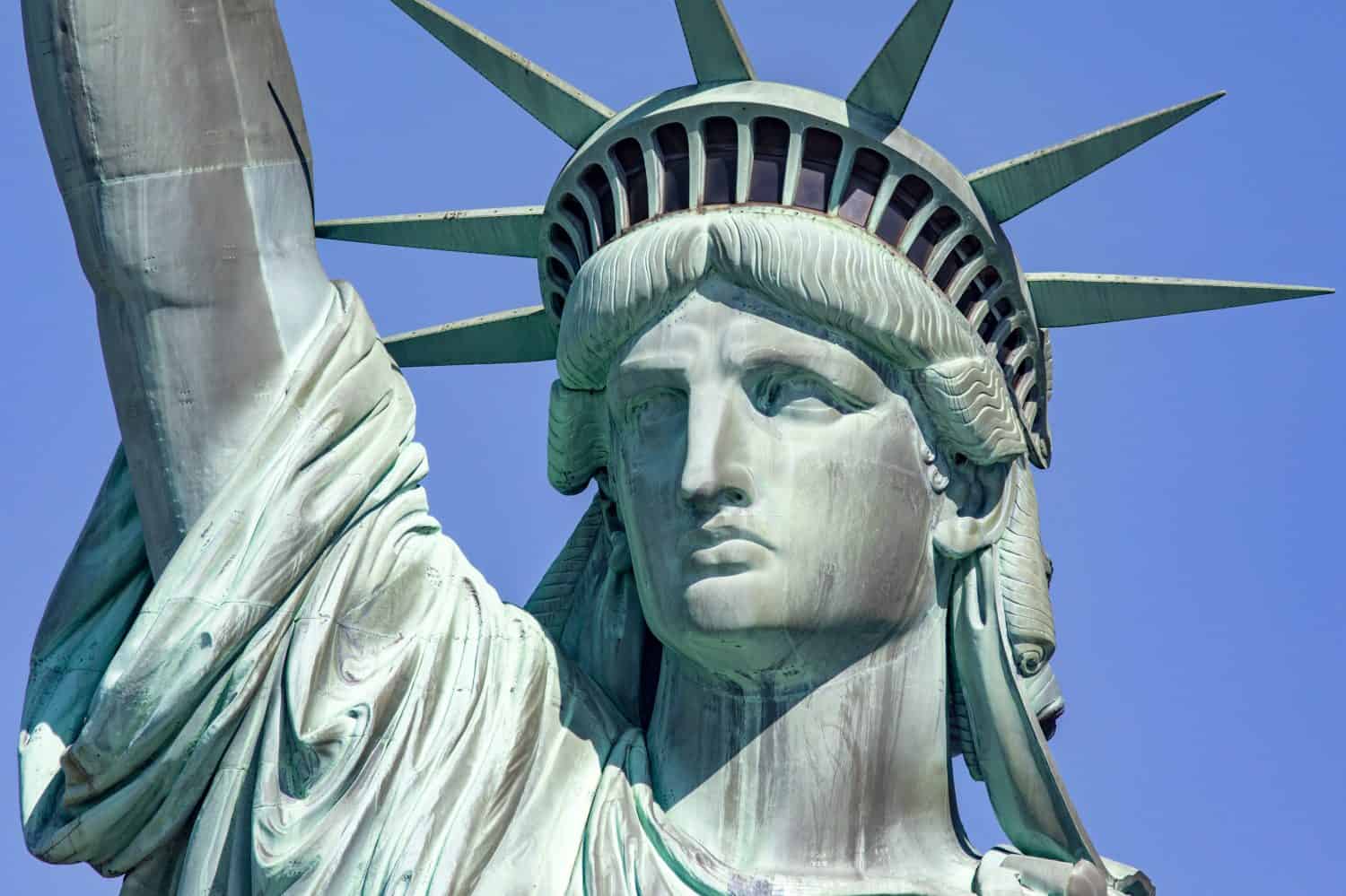
France joined the fight against Britain in the American revolution, sent General Lafayette and others as military advisors, and used their navy to bottle up the British at Yorktown so they couldn’t escape and surrendered. France’s own revolution was inspired by the U.S. success. The French people gifted the Statue of Liberty to the United States. France sold the U.S. the Louisiana Territory, doubling the size of the country and forming all or part of 15 states.
2. Morocco

Morocco was the first foreign country to recognize the United States as an independent country in 1777. It assisted the U.S. in its fight against the Barbary Pirates based in Algeria, Tunisia, and Libya at a time when the American navy was sill small and relatively untested. A Treaty of Peace and Friendship signed with Morocco in 1786 is America’s longest unbroken treaty. Today, Morocco is one of the United States’ Major Non-NATO allies and an active partner in counterterrorism. From time to time, it also hosts American military exercises.
3. Liberia
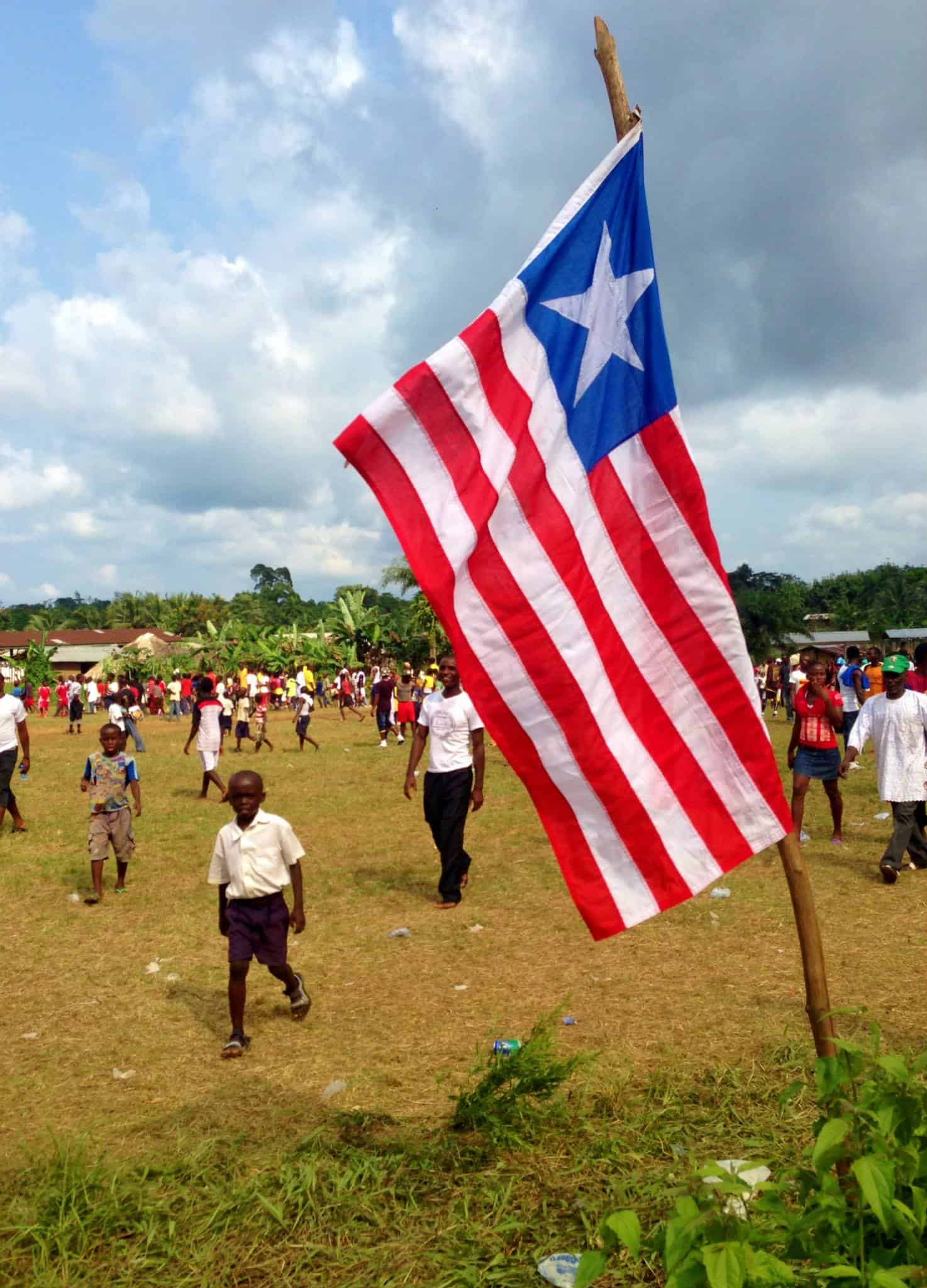
Liberia, West Africa was founded in the 1820s. The American Colonization Society helped freed African-American slaves acquire land and establish the colony. The colony chose a flag similar to that of the U.S. and named its capital “Monrovia” after U.S. president James Monroe. Liberia has partnered with the United States in efforts to stabilize the region and promote democracy.
4. United Kingdom
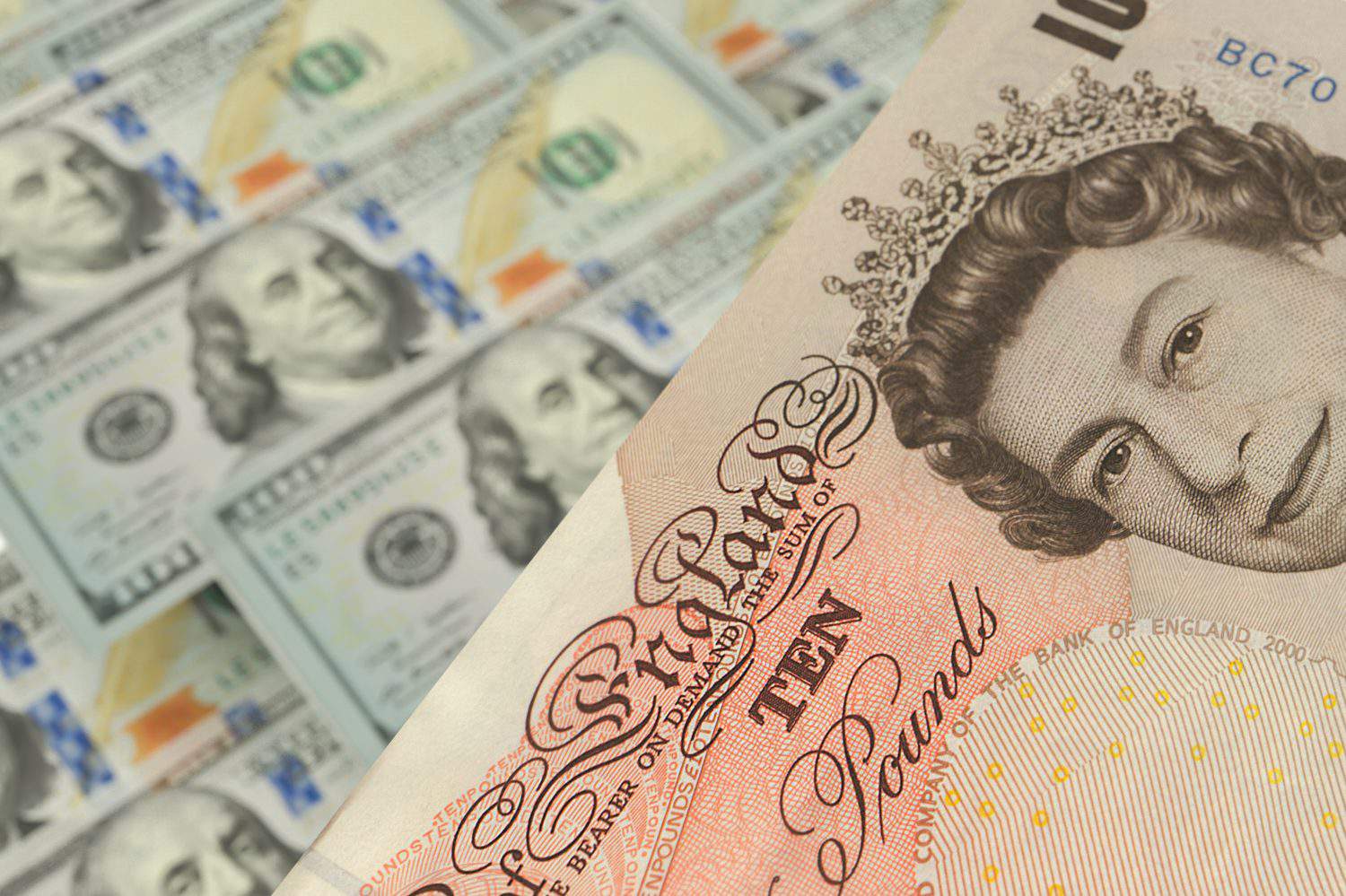
The U.S. and Britain fought two wars and worked through the tensions of establishing the Canadian border. But the British stayed largely hands-off during the Civil War and the two countries became increasingly close partners. This relationship was sealed in the World Wars and the Cold War. In many United Nations votes and various military actions around the world, the UK has been willing to stand with the United States even if it was the only country doing so. As a result, the friendship between them has been called a “special relationship,” as it goes above and beyond the level of cooperation we have with our other NATO allies.
5. Canada
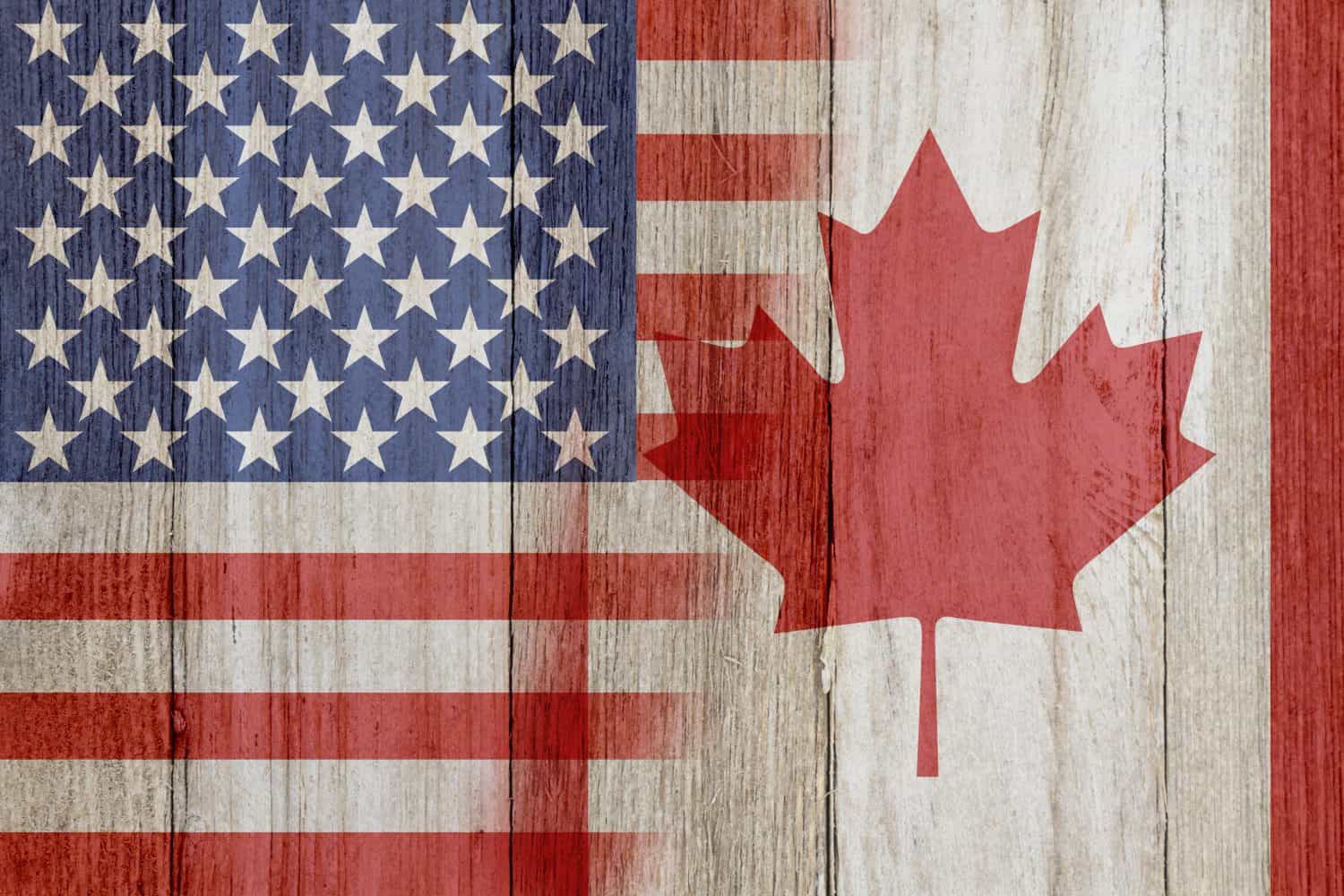
Canada remained part of the British Empire when the U.S. declared independence. It welcomed the immigration of tens of thousands of American loyalists fleeing the colonies. The two countries today have the longest undefended border in the world, a free trade agreement, and an integrated air defense system.
6. Australia
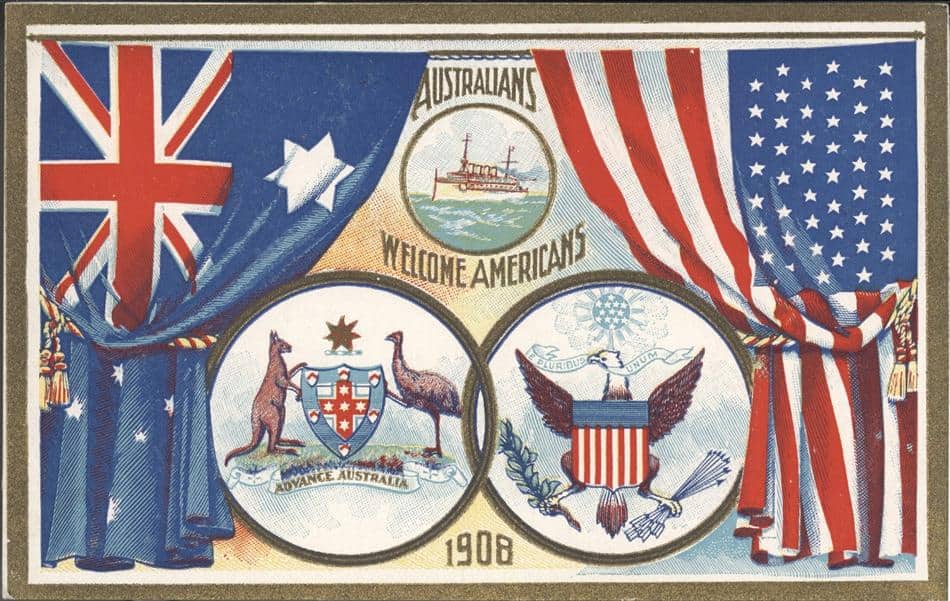
Australia and the United States have had a longterm bromance, with citizens on each side thinking quite highly of the other country, its people and culture. They fought alongside one another in the world wars, Korea, and Vietnam. Today the United States is providing advanced nuclear submarines to Australia. Under the terms of a 2014 agreement, the U.S. rotates about 2,500 Marines a year through a base in Darwin on the north coast and conducts join military exercises with the Australians.
7. Philippines
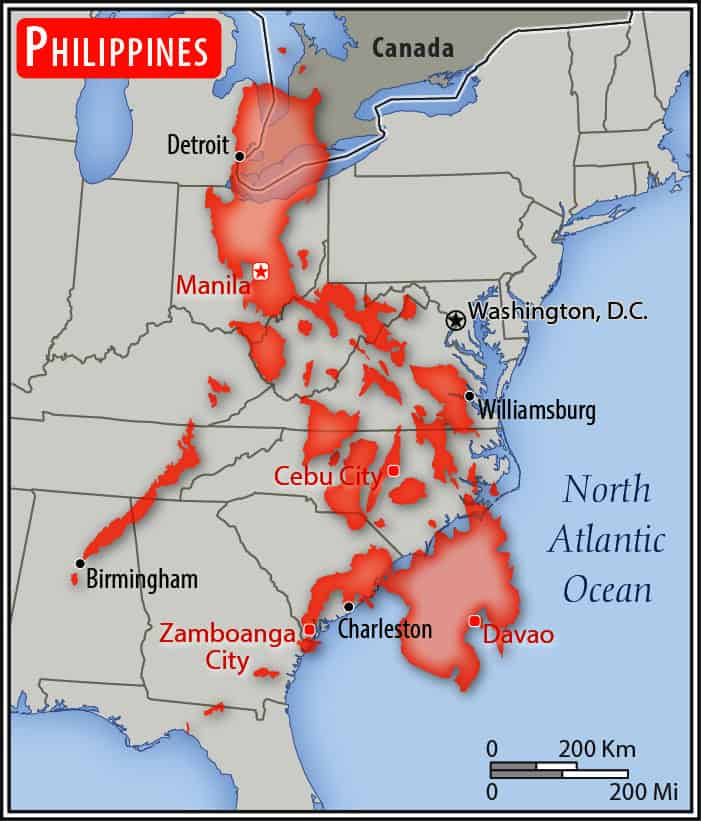
The Philippines became an American colony in 1898 when the United States defeated the Spanish and took it away from them. Although many Filipinos fought a guerrilla war for independence, thousands of others actually hoped for U.S. statehood. Japan occupied the islands during World War II but U.S. forces returned to liberate them. The Philippines became independent in 1946 but has retained a close partnership with the United States. Recently, the two announced an agreement to provide additional bases for the United States to deter aggressive behavior by China.
8. Israel
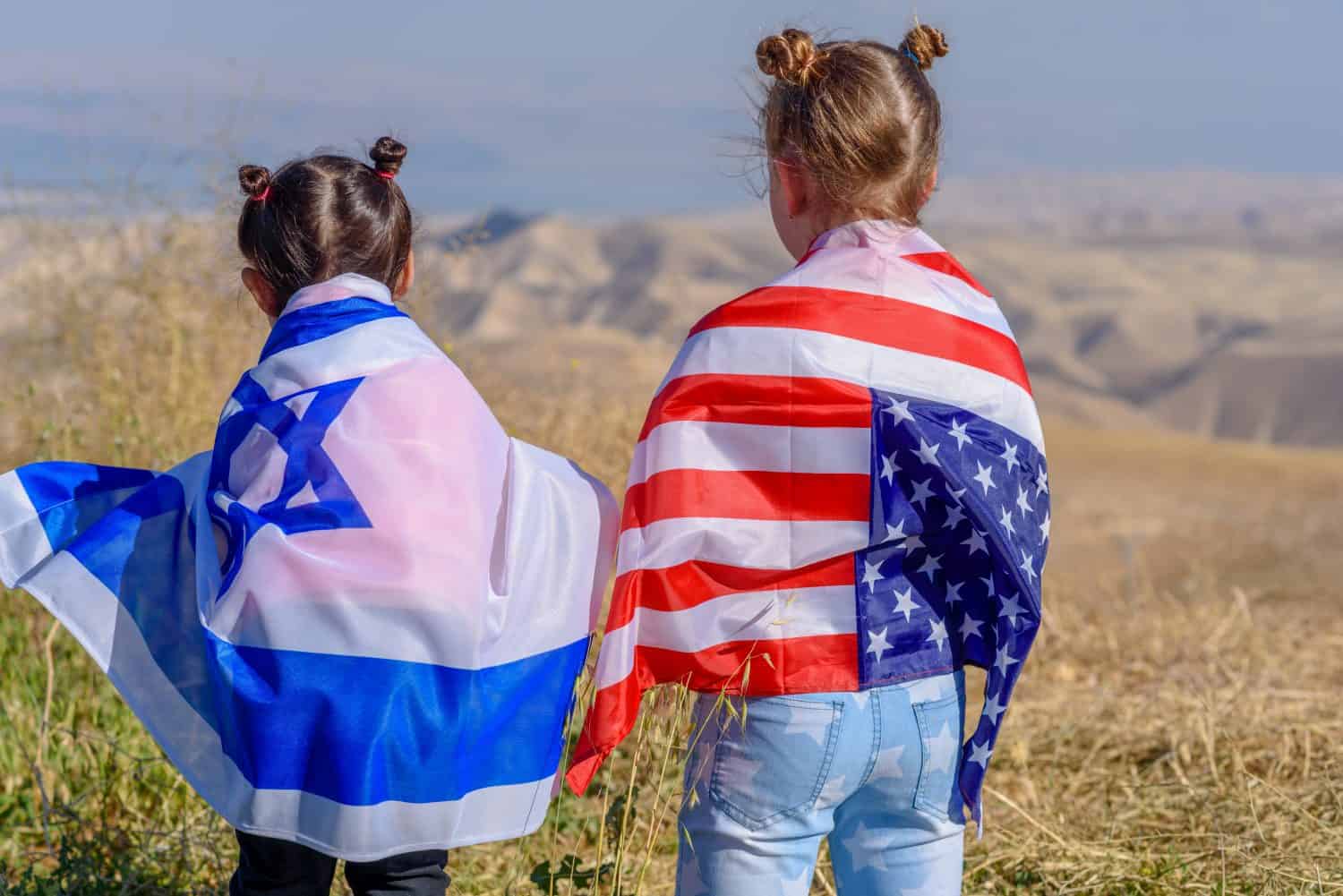
The United States actually has more Jewish citizens than Israel does. However, this is not the only reason for the close ties between the two countries. Millions of American Christians attach particular spiritual significance to Israel and see it as a virtue to support their policies. Israel is one of the largest recipients of American military and economic assistance. And it shows. The country is economically and technologically advanced and has won all of its wars with its Arab neighbors.
Israel tries to align its foreign policy as much as possible with its American sponsor, even when that might seem counterintuitive. For example, during the Gulf War, Iraqi dictator Saddam Hussein repeatedly launched missiles at Israel hoping to draw them into the war and get Arab sentiment on Israel’s side. Instead, the Israelis honored an American request that they not respond so that the international coalition against Iraq would not collapse. The downside to this close relationship is that the United States’ bias toward Israel seriously undermines our credibility with Arab countries and makes it difficult for the U.S. to be an even-handed peace broker in the region.
9. South Korea
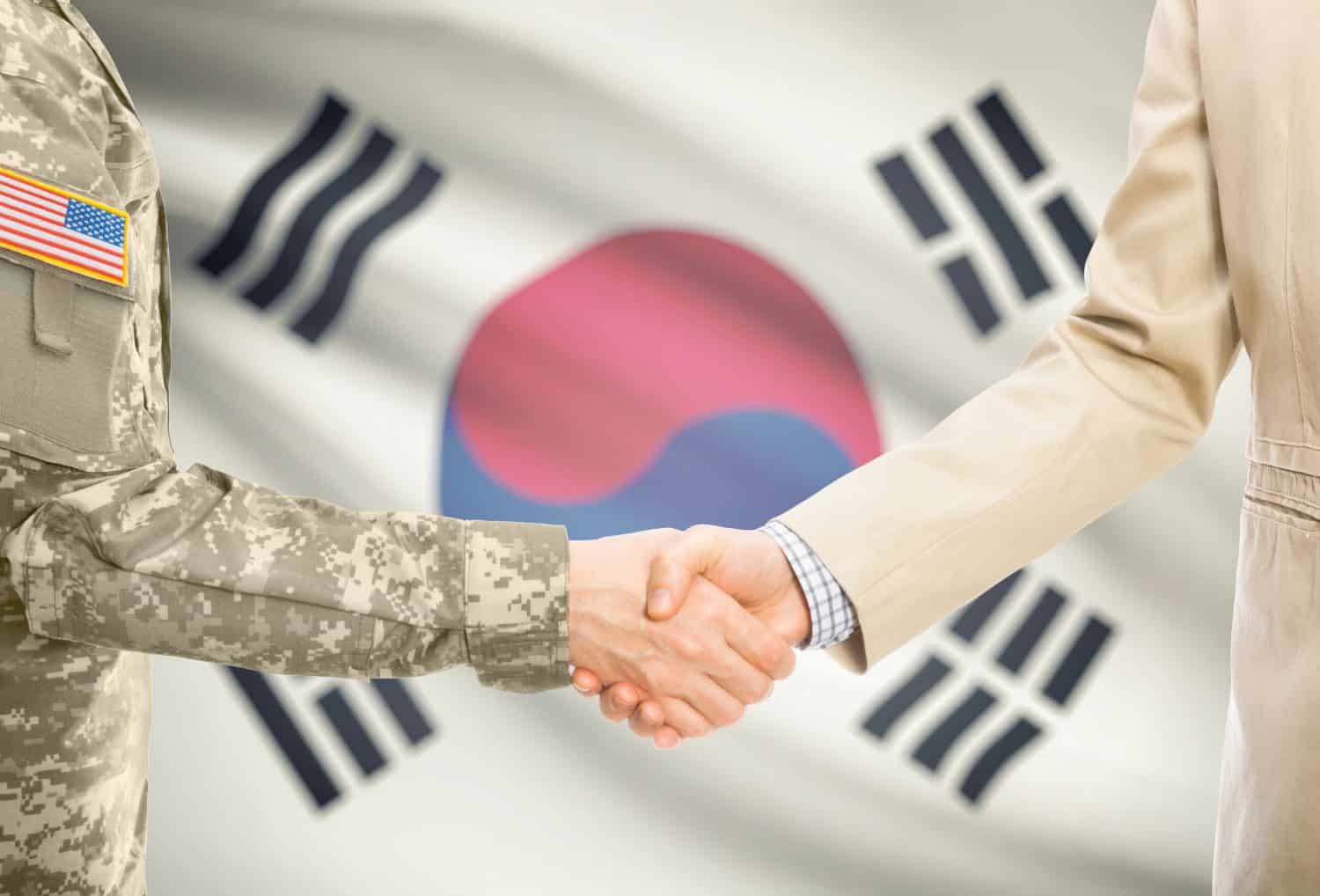
The U.S. came to the defense of South Korea when it was invaded by the North in 1950. After three years of intense fighting, the war ended n a stalemate. The U.S. has kept 20-40,000 troops in the country to the present day as a deterrent to another attack. South Korea has prospered and become both an importer of American culture, and an exporter of K-pop and K-drama to an eager young fan base in the U.S.
10. Switzerland
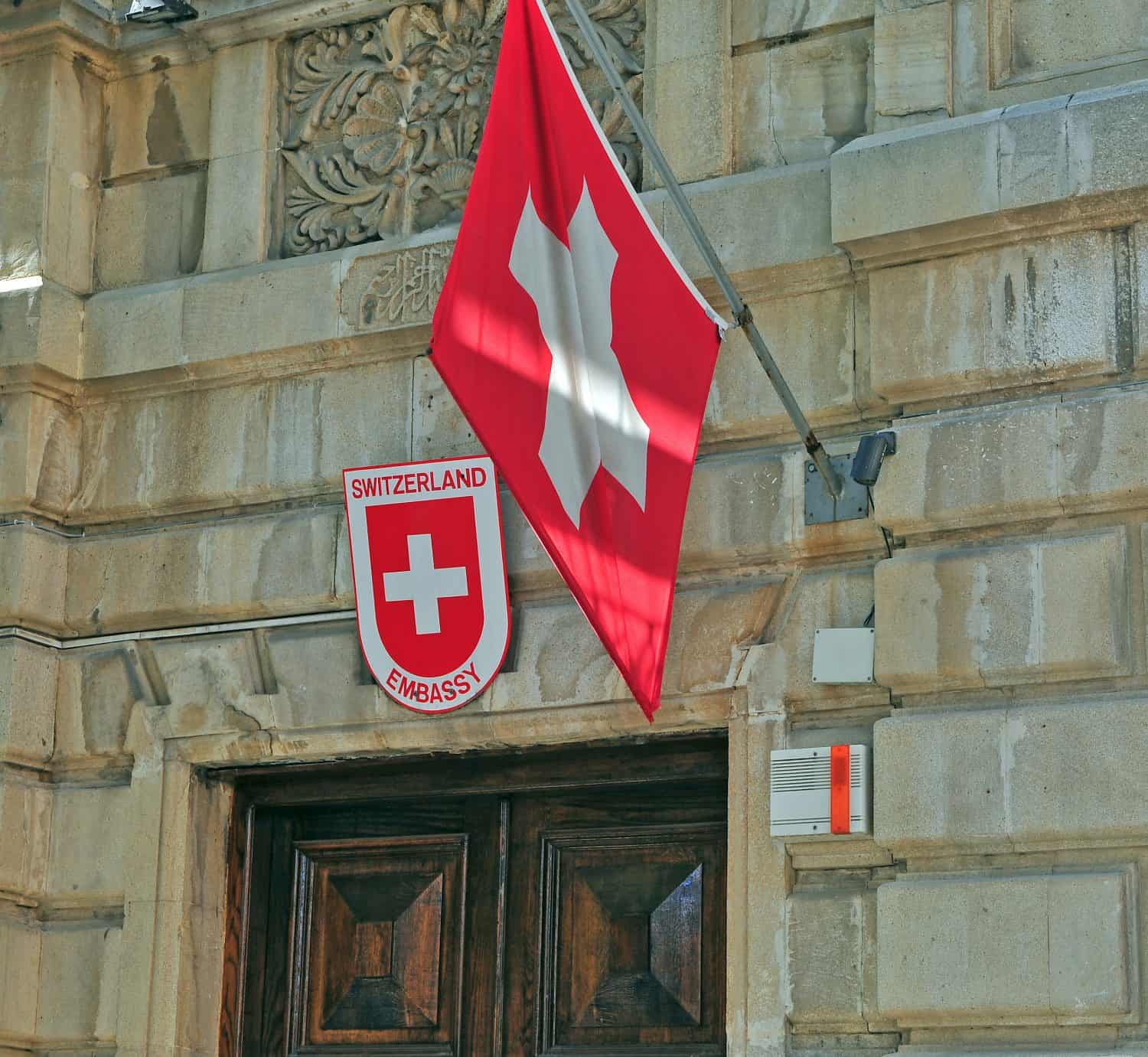
Switzerland is officially neutral, and this is a status we don’t want them to change because it assists the United States a great deal. The U.S. does not have embassies in Iran, North Korea, Syria, or Cuba. In those places, Switzerland acs as the protecting power for U.S. citizens. If they have problems such as a medical emergency, arrest, or being the victim of crime, they can contact the Swiss Embassy for assistance. Switzerland also is greatly helpful in international criminal investigations, organizing international conferences, and being a neutral meeting place for diplomatic summits and peace negotiations between other countries. And, as the home base of the International Red Cross and other NGOs, it plays a significant global role in disaster relief and international development.
A Final Note
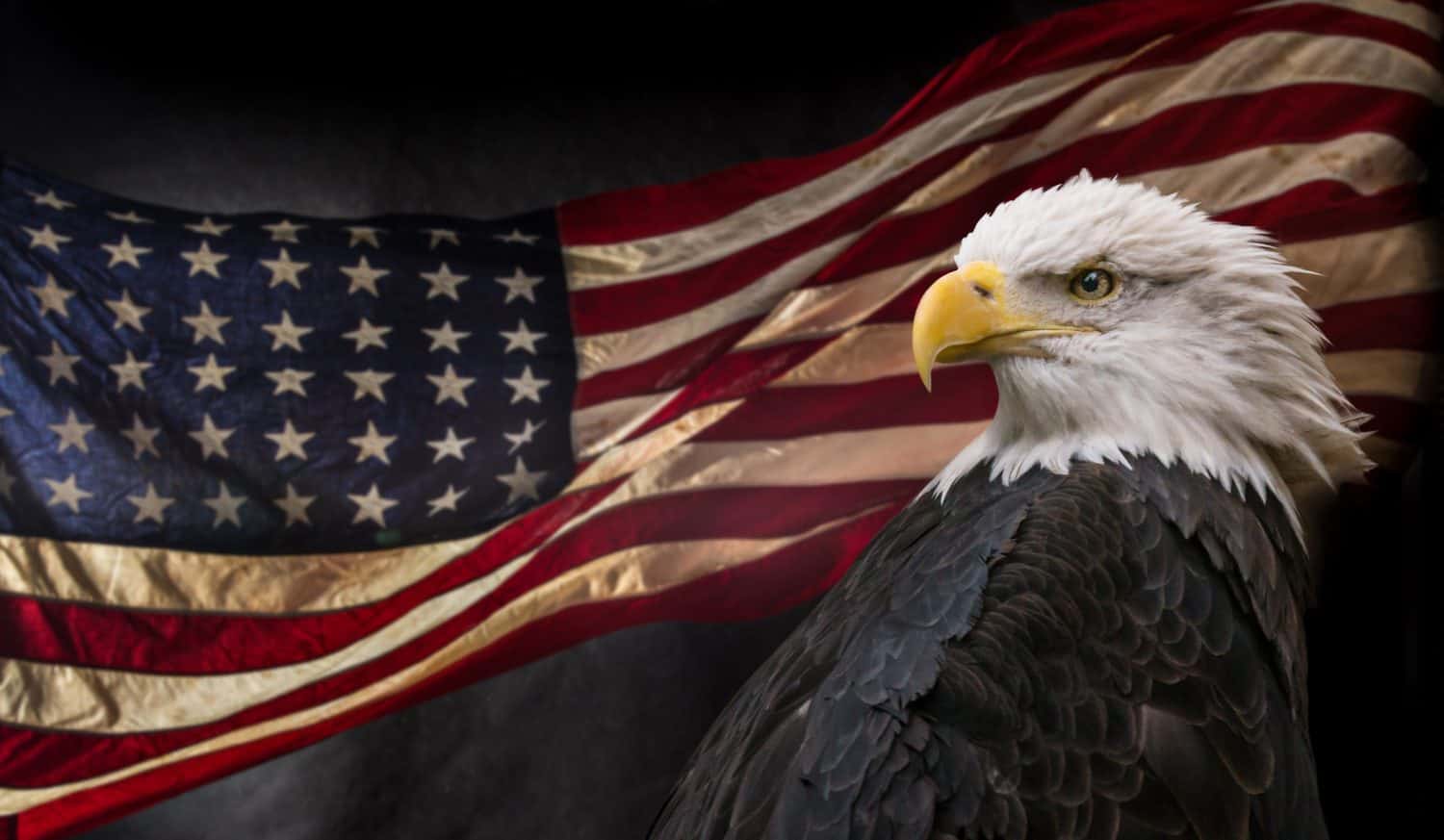
Because the United States is so large, wealthy, and militarily powerful, it is able to provide the lion’s share of foreign aid and military assistance in hotspots like Ukraine. This doesn’t mean that other countries’ contributions, which are often proportionate to the size of their economies, are not also significant. And when foreign countries help the United States, it is a reminder that they notice and appreciate what we have done for them and want to return the favor.
Take Charge of Your Retirement In Just A Few Minutes (Sponsor)
Retirement planning doesn’t have to feel overwhelming. The key is finding expert guidance—and SmartAsset’s simple quiz makes it easier than ever for you to connect with a vetted financial advisor.
Here’s how it works:
- Answer a Few Simple Questions. Tell us a bit about your goals and preferences—it only takes a few minutes!
- Get Matched with Vetted Advisors Our smart tool matches you with up to three pre-screened, vetted advisors who serve your area and are held to a fiduciary standard to act in your best interests. Click here to begin
- Choose Your Fit Review their profiles, schedule an introductory call (or meet in person), and select the advisor who feel is right for you.
Why wait? Start building the retirement you’ve always dreamed of. Click here to get started today!
Thank you for reading! Have some feedback for us?
Contact the 24/7 Wall St. editorial team.
